Nepal Investment Summit 2024: High Hopes Amidst Political Uncertainty
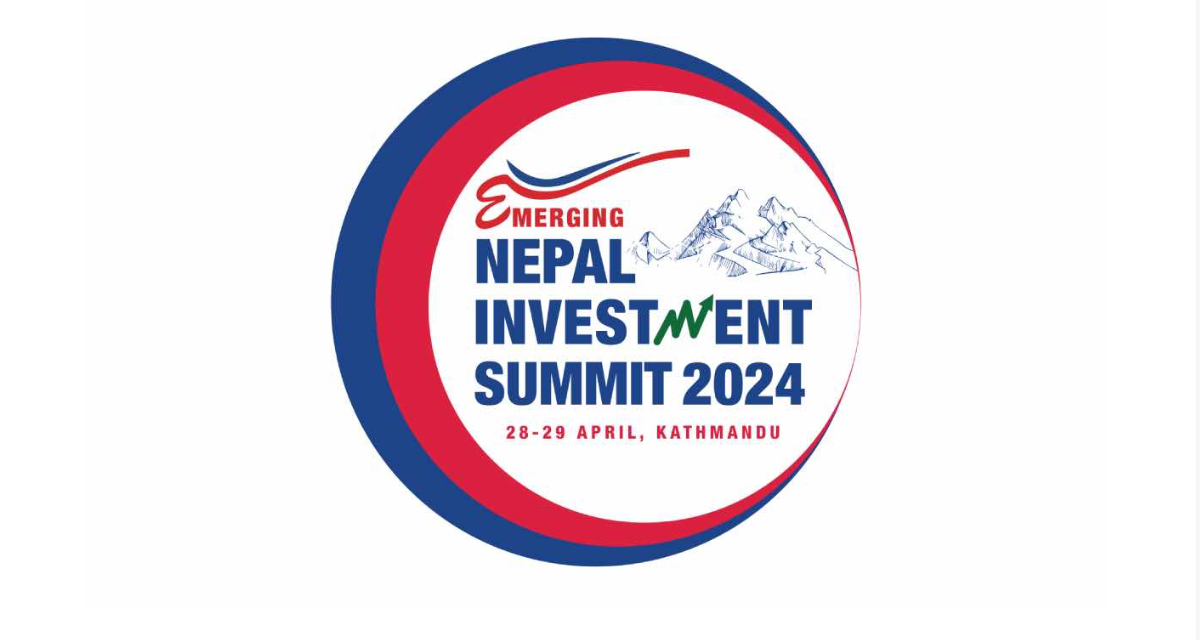
KATHMANDU – The third edition of the Nepal Investment Summit (NIS) last month saw Prime Minister Prachanda emphasize Nepal’s strategic position and investment-friendly policies. Despite efforts to attract foreign investment, the commitments fell short of the expectations set by the Investment Board Nepal.
The summit, held on April 28-29, gathered around 2,500 guests and 800 potential investors from 55 countries. The government presented 154 projects, generating expressions of interest for 19. However, the total commitments of 9.13 billion NPR were significantly below the anticipated levels, and no project agreements were finalized.
Notably, investments were pledged for four projects, including an investment company in Bhaktapur and a business complex in Kathmandu. However, the realization of these commitments remains uncertain.
India and China, the top sources of foreign direct investment (FDI) in Nepal, showed substantial interest. China reiterated its commitment to the Belt and Road Initiative and signed MoUs for commercial flights at Nepal’s Pokhara and Lumbini airports. India, under its ‘Neighbourhood First’ policy, signed an MoU to establish a data center in Kathmandu and released a handbook for Indian investors.
Despite these efforts, Nepal’s FDI inflows remain low. Historical data shows only 36.2% of approved FDI translated into actual investments between 1995-96 and 2021-22. The gap between pledges and actual inflows is attributed to pervasive corruption, bureaucratic red tape, and frequent policy changes.
Prime Minister Prachanda highlighted recent legislative efforts to attract FDI, including amendments to investment-related laws. However, the use of ordinances to expedite these changes has drawn criticism from the opposition.
Political instability further complicates the investment landscape. Shortly after the summit, the Janata Samajbadi Party-Nepal split, prompting the Prime Minister to seek another vote of confidence, his fourth since December 2022. Such instability threatens investor confidence and the potential for future investments.
Nepal continues to pitch itself as a favorable investment destination amidst growing geopolitical interest in South Asia. However, significant structural and political reforms are essential to converting investment pledges into tangible economic benefits.
As Nepal navigates these challenges, the outcome of the summit and the future of its investment landscape remain to be seen.






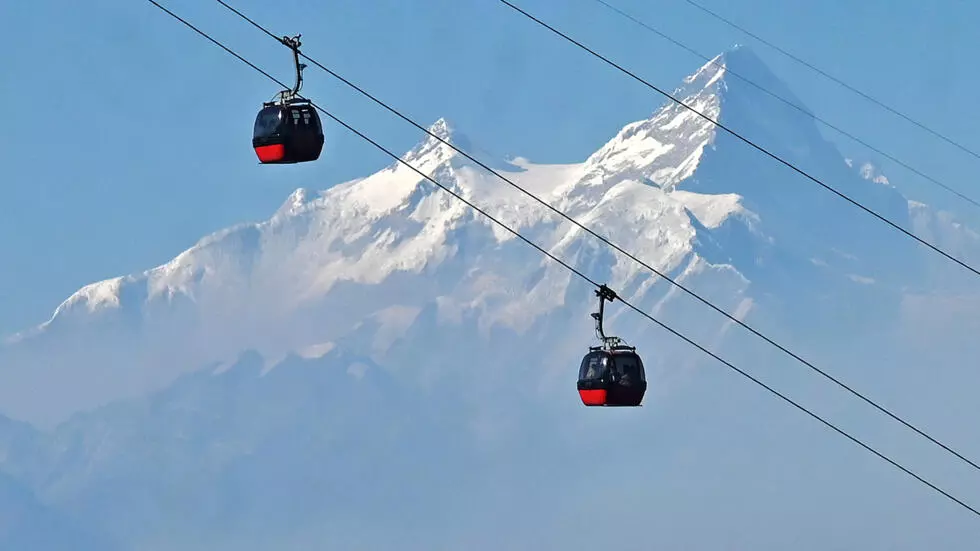
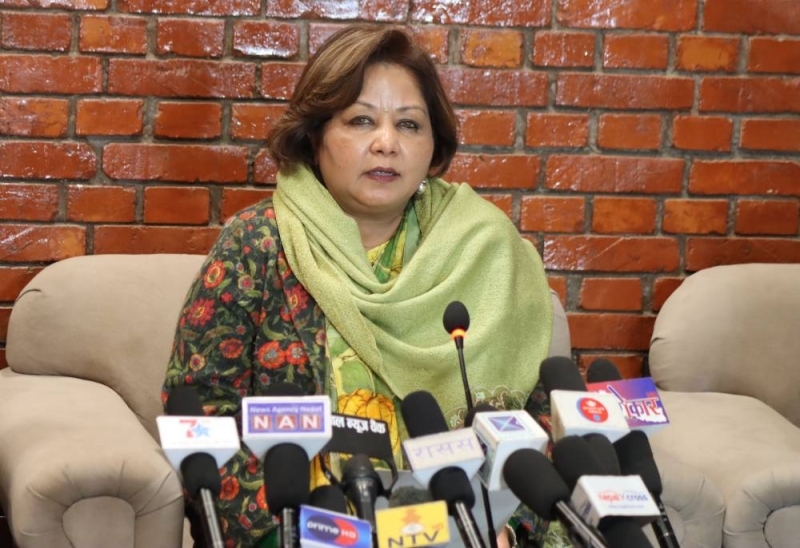
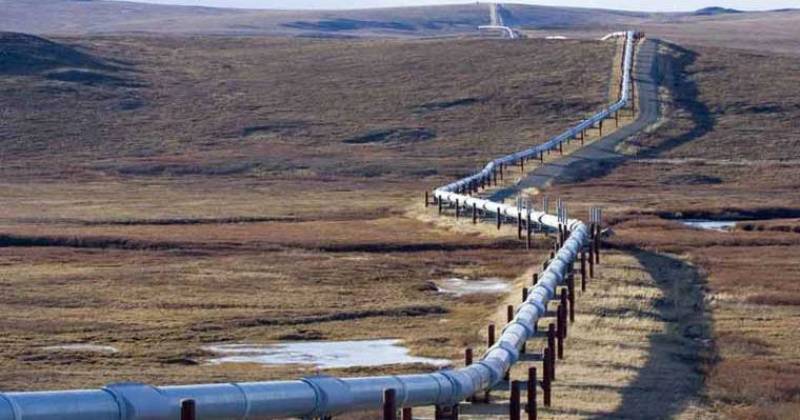

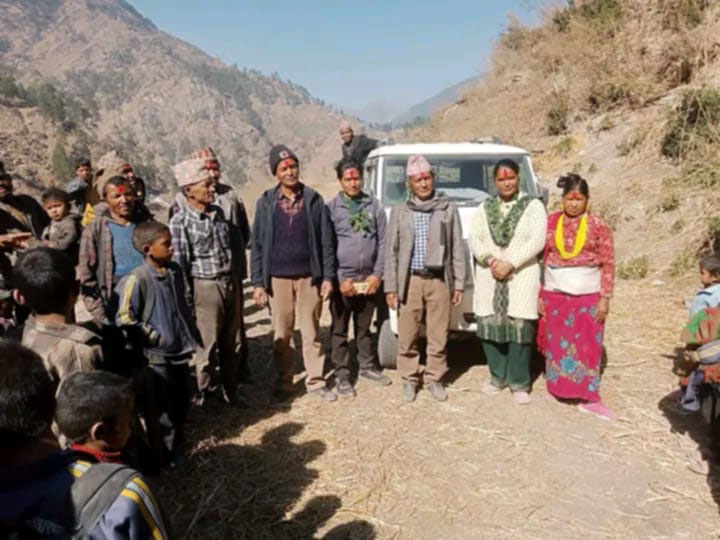
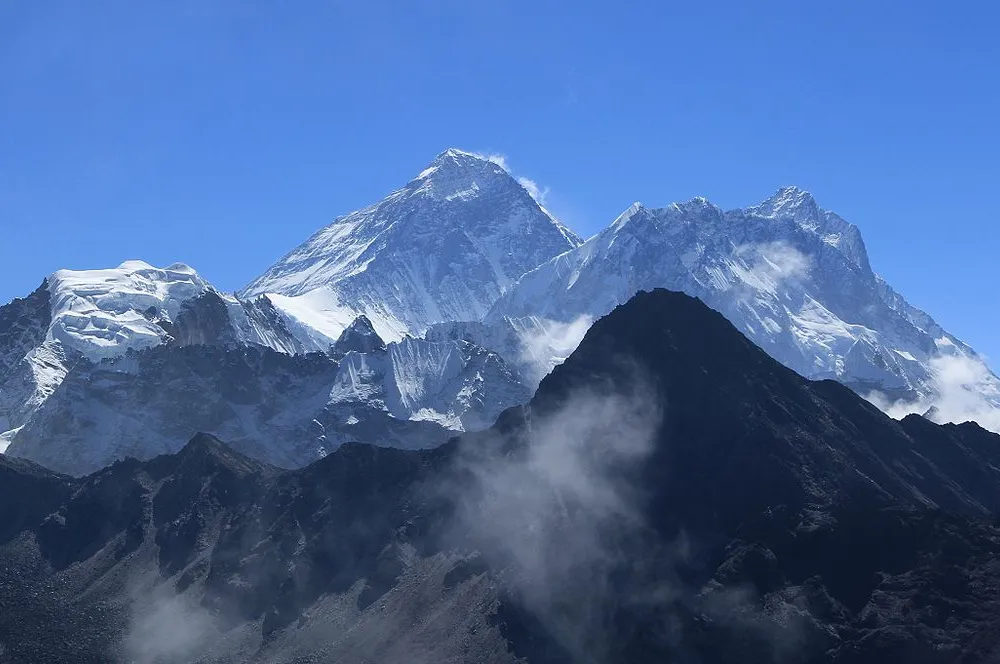







Facebook Comments